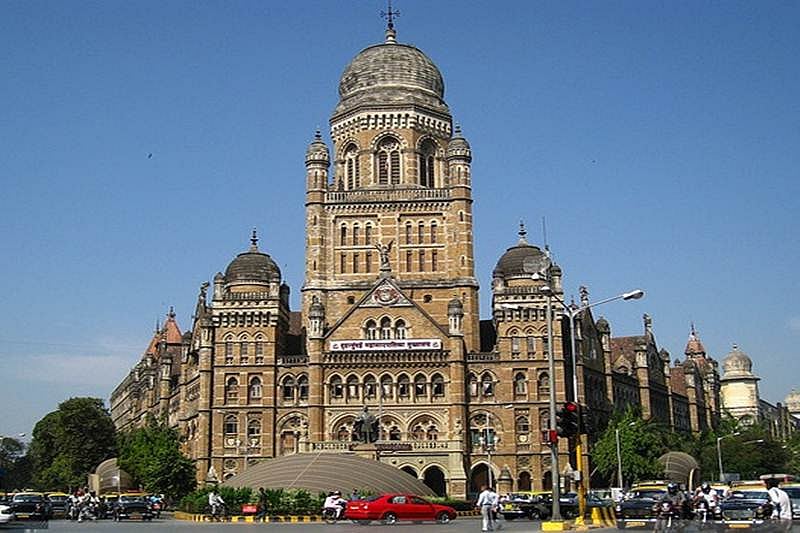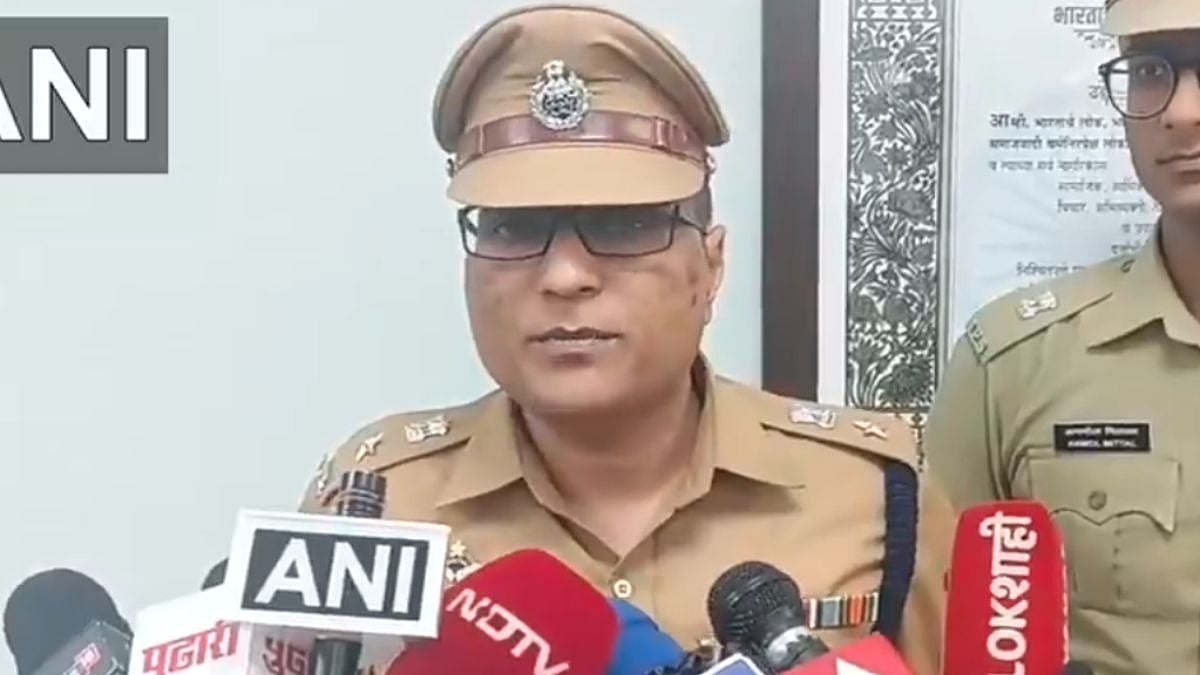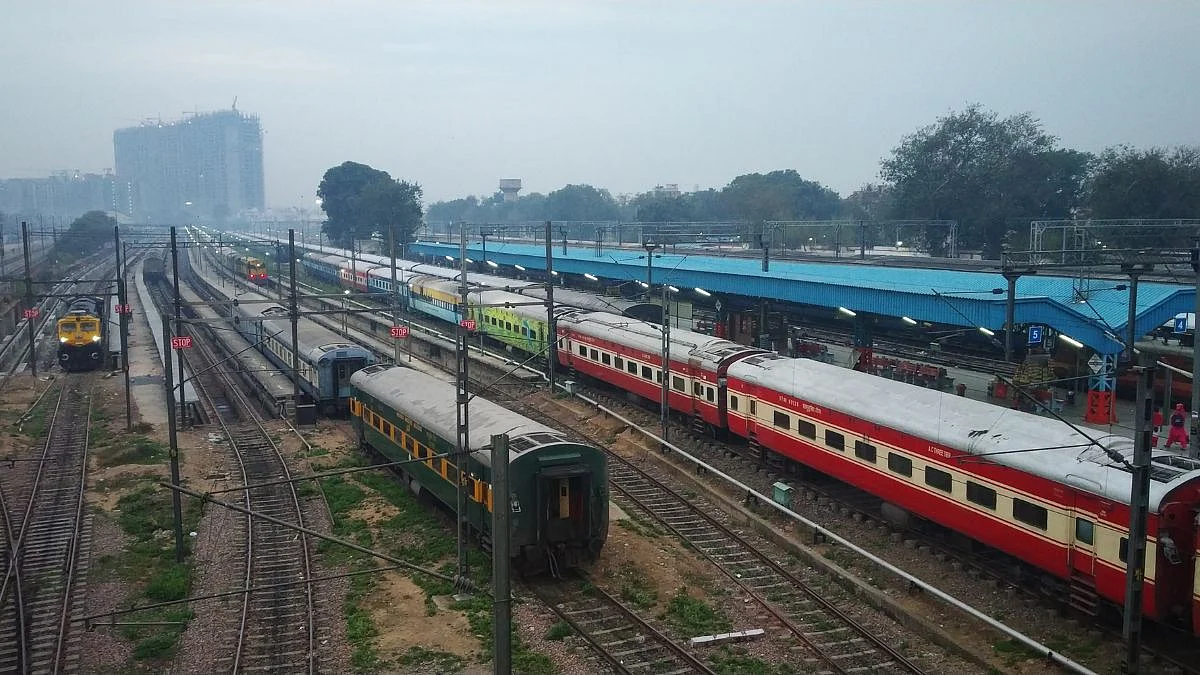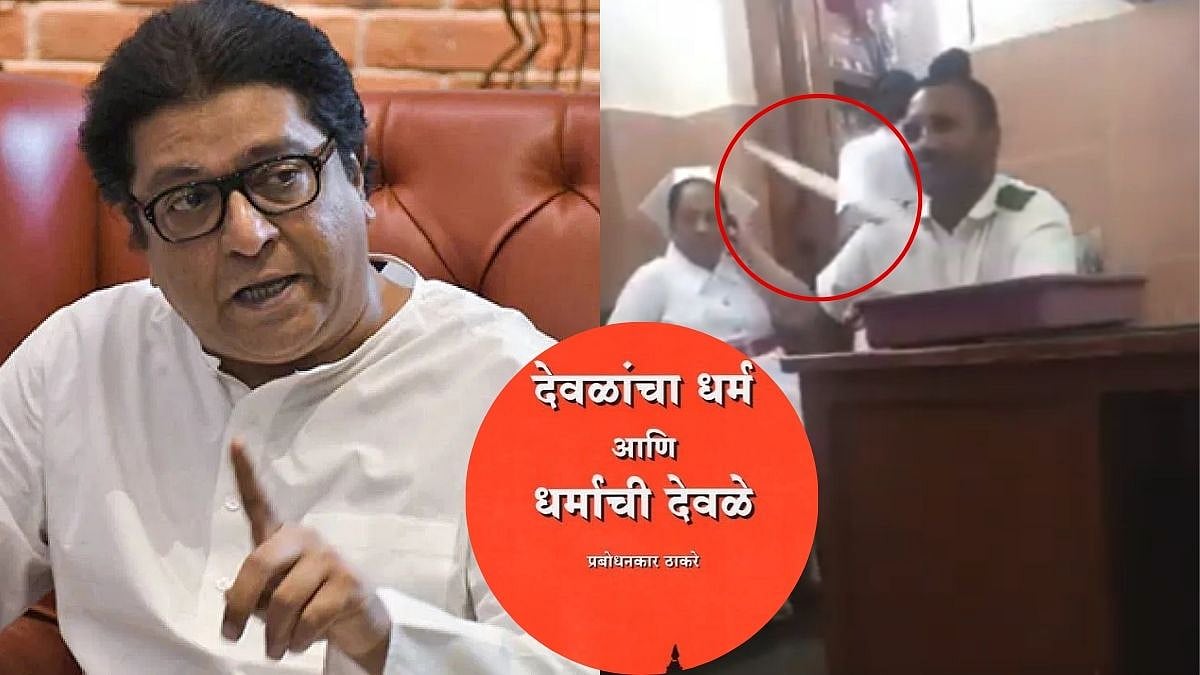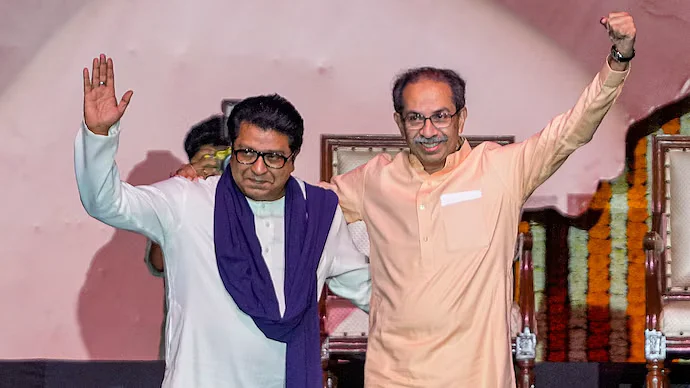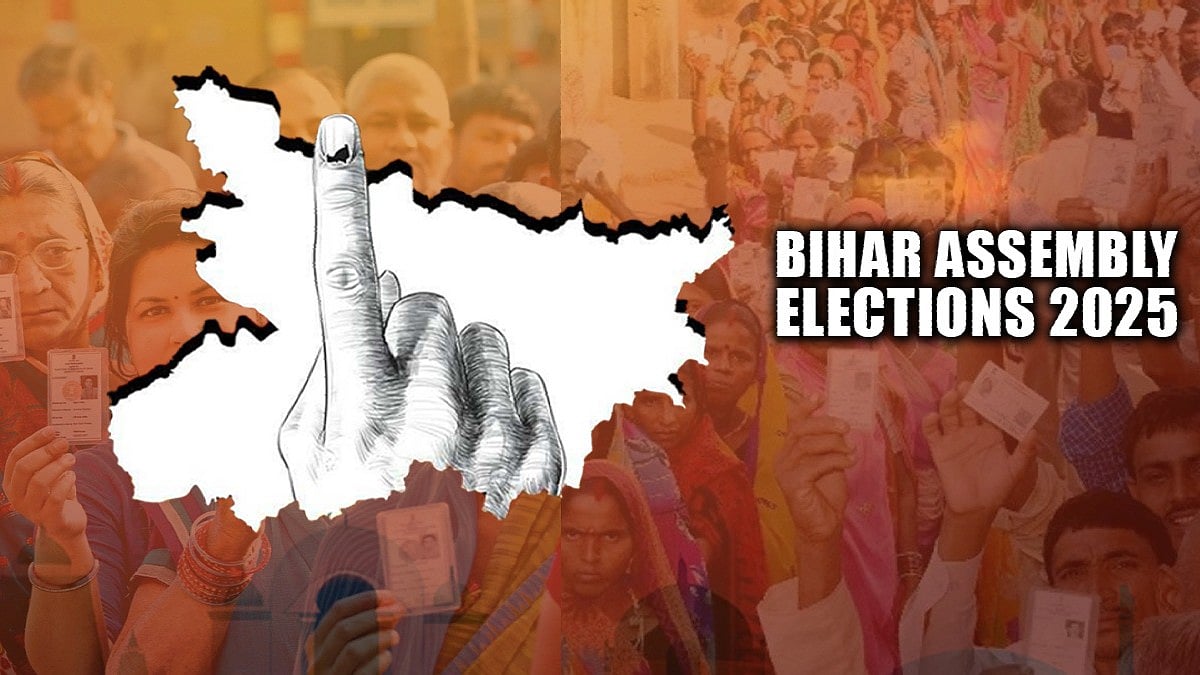Why does the state government need another security law? And, given that there are many central laws in place, should the state government have one of its own? These are critical questions. It also is somewhat strange that the government is insisting that every private building, including small residential buildings, should have CCTV. Surely that is a decision best left to the building’s owner, the residents and the society. Security is important, but paranoia isn’t the answer.
Two interesting news stories appeared this week. The first was about the BMC giving permission to 24 big building projects along the coastline. This has been done by what appears to be an administrative sleight of hand — Mahim coast and Marine Drive have been declared a ‘bay’, which allows the government to override the Coastal Regulation Zone, under which no construction was permissible for up to 500 metres from the high tide line. The ‘bay’ provision cuts this down to 100 metres.
Hey presto, with this tiny change of nomenclature, the old restrictions will be thrown out of the window and into the Arabian Sea and buildings – most of them luxury apartments, naturally – will come up all along the coast.
And who will benefit from this? Big builders, naturally. In fact, one newspaper report said that ‘SOBO’ (South Bombay) builders were really happy with this decision because they could now begin making plans to construct high rises at Marine Drive, Chowpatty etc.
The other story is about the Maharashtra government’s decision to enact a new internal security law. This is to deal with terrorism, insurgency, communalism and caste violence. According to the proposal, it will be mandatory for all buildings to have CCTVs, security checks for all public buildings and for any gathering of more than 100 people, police permission will have to be taken. A special force will handle security at high security zones such as infrastructure and even coastal areas. Activists say this is nothing but a ploy to prevent public agitation and they are right.
The sequence of events after news of the proposed law broke is nothing short of bizarre. The very next day, a senior official said that the draft had been uploaded on the government’s website without showing it to the chief minister. He did not outright deny that such a law was being considered seriously or not; just that the public was invited to send comments. Clearly the extent of the opposition rattled the government; this was what is called a ‘kite flying’ mission, i.e. checking how people – citizens, activists, opposition parties – react to something that is not yet official and then moving to the next step.
Why does the state government need another security law? And, given that there are many central laws in place, should the state government have one of its own? These are critical questions. It also is somewhat strange that the government is insisting that every private building, including small residential buildings, should have CCTV. Surely that is a decision best left to the building’s owner, the residents and the society.
Security is important, but paranoia isn’t the answer. Mumbai is now full of CCTV cameras at street corners and lampposts have boxes with the sticker ‘Mumbai Surveillance’ on them.
We understand the need for security and post 26/11, there is a heightened sense of security and alertness in many buildings. Also, vital installations have to be guarded at all times. But this can be done with discretion and efficiency— the hotels that suffered during the terror attack have ensured that the guest is not disturbed. The entry is smooth and courteous.
In the city’s public places, it is impractical to check each and every person; hence the scanners at CST and Churchgate stations are now almost redundant, simply because of the sheer volume of people going in and out. Airport security is tighter but is carried too far, sometimes to ridiculous extents-there are guards whose only job is to check for rubber stamps, a few feet away from where the rubber stamps were marked in clear sight. Last week, travelling to Mumbai, I counted seven stages from entry to the airport to sitting in the plane; at least two if not more could have been eliminated without compromising security.
Back to the two news items. Seen together, they give a pretty good idea of the governance model of the state. We have always known that the political class thinks of Mumbai as a milch cow to be squeezed for whatever it can give, without offering anything much in return. Year after year, the infrastructure crumbles a bit more and life continues to be hard for the city’s millions. Potholes are a regular affair during the monsoons. Sixty people live in slums. They need affordable housing — how will loosening controls to build even more skyscrapers help? Or for that matter, tighter security?
Both policies have been sharply criticised by activists and political opponents and have forced the government to step back, even if for tactical reasons. Public awareness is increasing and governments cannot now get away with decisions without scrutiny. But it will require more to get the government to reverse what are clearly misplaced priorities. There might be legal challenges, but even without them, public opinion can make the authorities rethink their plans. This government is on an overdrive to create infrastructure despite much of it being harmful and even redundant— the coastal road, development of port trust lands, construction in the green Aarey belt; all these are troubling decisions. At the same time, the curbing of liberties and freedom of expression is also worrying. Informed citizens must take up cudgels and make the government realise that it cannot bulldoze its way all the time.
